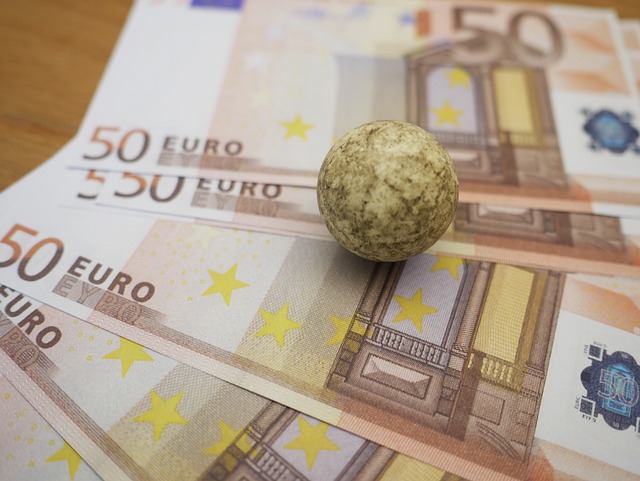Betting, the act of gambling or wagering on the outcome of an event, has a long and fascinating history that stretches back thousands of years. It has been an integral part of human culture across the globe and has taken many different forms throughout history. If you want to try betting – choose 20Bet.
The earliest recorded evidence of betting can be found in ancient China, where people would bet on games of chance using tiles and dominoes. This form of gambling evolved over time and eventually led to the development of games like mahjong and pai gow, which are still popular today.
In ancient Rome, betting was a common pastime and was enjoyed by people of all social classes. The Romans bet on everything from chariot races and gladiator fights to board games and card games. They even had their own version of the lottery, called the “praenestina”, which was played by selecting numbers from a container.
During the Middle Ages, betting continued to be a popular activity, although it was often frowned upon by religious authorities who considered it to be a sin. Despite this, people continued to gamble on sports like horse racing and boxing, and card games like poker and blackjack.
In the 18th and 19th centuries, betting underwent a significant transformation as it became more organized and professionalized. Horse racing, in particular, became a popular sport for betting, with people placing bets on the outcome of races and the performance of individual horses. This led to the development of the bookmaker, a person or company that accepts bets on sporting events and pays out winnings to the winners.
The invention of the telegraph in the 19th century was a game-changer for betting, as it allowed for the rapid dissemination of information about sporting events and their outcomes. This, in turn, led to the development of the odds system, which is still used today to calculate the likelihood of a particular outcome and to set the odds for betting.
In the 20th century, betting became even more mainstream, with the development of legal betting markets and the expansion of sports like football, basketball, and baseball. The rise of technology also had a major impact on betting, with the development of online betting platforms and mobile apps that allow people to place bets from anywhere at any time.
Today, betting is a massive global industry that generates billions of dollars in revenue each year. It encompasses a wide range of activities, from sports betting and casino games to lotteries and online poker. It has also become more accessible than ever, with the widespread availability of online betting platforms and the proliferation of mobile devices.
Despite its long and storied history, however, betting remains a controversial and sometimes divisive activity. While many people enjoy betting as a form of entertainment and see it as a harmless pastime, others view it as a dangerous and addictive behavior that can lead to financial ruin and other problems.
In response to these concerns, governments and regulatory bodies around the world have implemented a range of measures to regulate and control the betting industry. These include licensing and regulation of bookmakers and other gambling operators, as well as education and support programs for people who may be struggling with gambling addiction.
Overall, the history of betting is a fascinating and complex story that reflects the changing social, cultural, and technological landscape of human civilization. From its humble beginnings in ancient China to the global industry it has become today, betting has always been a part of the human experience, and it is likely to remain so for many years to come.
